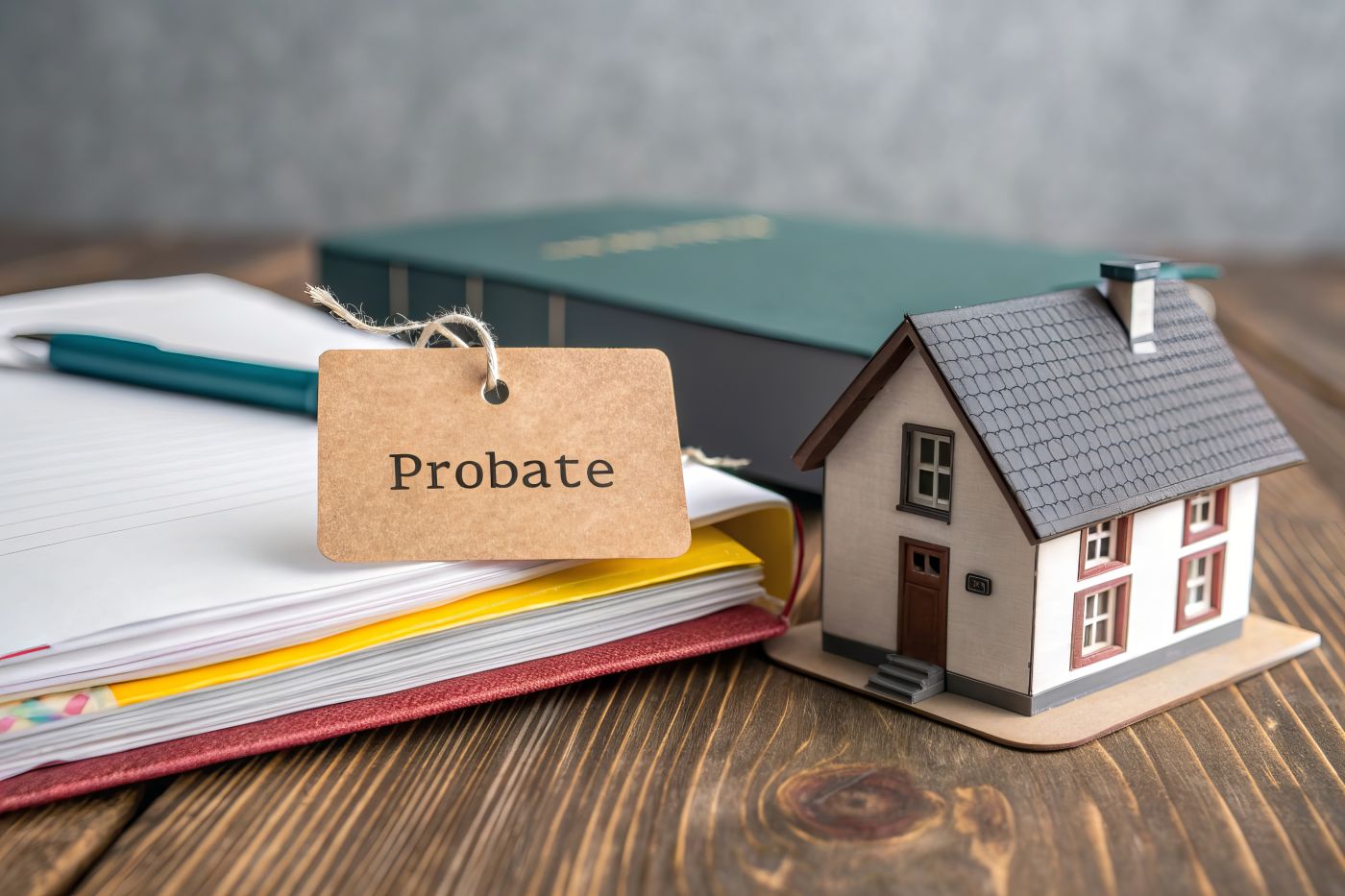
Living together as an unmarried couple, might feel just like marriage, but legally, it’s very different. Many couples assume that simply sharing a life means they’re automatically protected if one partner dies or becomes incapacitated—but that’s not true under South Carolina law.
If you and your partner aren’t married, the state doesn’t grant you the rights and protections spouses usually have. That means if something happens to you without the proper legal documents in place, your partner might face serious challenges—losing access to your property, being shut out of medical decisions, or even being left with no inheritance.
At The Nelson Law Firm, we’ll personally work with you on your estate planning needs. We’ll discuss what the law doesn’t protect for unmarried couples in South Carolina and why estate planning is crucial to secure your partner’s rights and your shared future.
The Legal Reality for Unmarried Couples in South Carolina
South Carolina’s laws don’t recognize new common-law marriages, and without a legal marriage certificate, the default rights that protect spouses simply don’t apply. This is especially important here in Beaufort County, where many couples choose to live together without formalizing their relationship through marriage.
If you were to pass away without a will or trust, your partner wouldn’t inherit your property by default. Instead, your assets would be distributed to your legal relatives, such as your children, parents, or siblings.
Similarly, your partner would have no legal say in your medical care or financial matters if you become incapacitated. In short, the law treats unmarried partners as strangers, regardless of how long you’ve lived together or shared your lives.
What’s at Risk Without Estate Planning?
Consider the common scenarios where the lack of legal protections can create heartbreaking and costly problems.
Inheritance rights are the first area of concern. Unlike spouses, unmarried partners have no claim to each other’s estates unless a will, trust, or beneficiary designation specifically names them.
If someone dies intestate—meaning without a valid will—then the state distributes their assets based on strict family hierarchies. Your partner could be completely cut out, even if they lived with you for years, paid bills, and helped raise your children.
Medical decisions are another major gap. Without a designated healthcare power of attorney, hospitals are legally bound to prioritize next of kin for medical decisions, not your partner. This means your partner could be denied access to your bedside or excluded from decisions about your treatment when you need them most.
Financial control also poses risks. If you become incapacitated and haven’t granted your partner durable power of attorney, they won’t have the authority to manage your bank accounts, pay bills, or deal with your property. The court may even appoint a guardian who is a stranger rather than the person you trust most.
Finally, property ownership is an intricate issue. Often, one partner’s name is on the title to a house or car. If there’s no joint ownership arrangement or estate plan, the surviving partner has no automatic right to the property. Even if both partners have contributed financially, the law looks only at whose name is on the deed.
How to Protect Your Partner and Your Shared Life
Because the law leaves unmarried partners vulnerable, the only way to secure your partner’s rights is through deliberate estate planning.
The most fundamental step is to create a last will and testament. In this document, you can specify exactly who inherits your assets, name an executor to oversee your estate, and provide instructions for guardianship if you have children. However, wills don’t avoid probate—the legal process of validating the will and distributing assets, which can be time-consuming and public.
To avoid probate, many unmarried couples turn to revocable living trusts. These trusts hold your assets and allow for seamless transfer to your partner without court involvement. Trusts also offer privacy, help avoid family disputes, and allow you to set conditions on inheritance, such as providing for pets or controlling how and when assets are used.
In addition to wills and trusts, powers of attorney are vital documents. A durable power of attorney lets your partner handle your financial affairs if you become incapacitated, while a healthcare power of attorney grants them the right to make medical decisions on your behalf. Without these, your partner may be powerless in critical moments.
A living will or advance directive complements the healthcare power of attorney by detailing your wishes about life-sustaining treatment and end-of-life care. This document guides medical providers and your partner during difficult decisions.
Many people overlook beneficiary designations, but these are essential to update regularly. Life insurance policies, retirement accounts, and payable-on-death bank accounts all allow you to name beneficiaries, and these designations override your will. If your partner isn’t named here, they won’t receive those assets.
Another way to protect your partner regarding property is to hold assets as joint tenants with right of survivorship. This means that when one owner dies, the other automatically inherits the property outside of probate. However, this must be properly arranged through deeds and titles, and not all property can be owned this way.
Finally, some couples choose to draft cohabitation agreements. These agreements clarify financial responsibilities, property ownership, and what happens if the relationship ends or a partner dies. It’s similar to a prenuptial agreement but for unmarried couples.
Why Estate Plan Reviews Are Crucial
Your estate plan is a living document, not a static one. Life’s unpredictable nature means that what was once a perfect reflection of your wishes can quickly become outdated.
Regularly reviewing and updating your estate plan isn’t just a recommendation; it’s a necessity to confirm your assets are distributed according to your desires, your loved ones are provided for, and your legal and financial affairs are in order.
This proactive approach helps avoid potential complications, disputes, and unintended consequences during what can already be a difficult time for your family. Here’s why you should review your plan regularly:
Changes in relationship status: Marriage, divorce, or the formation/dissolution of a domestic partnership significantly impact who inherits your assets and makes decisions on your behalf.
Changes in property ownership: Acquiring new property, selling existing assets, or changes in how property is titled (e.g., from joint tenancy to sole ownership) necessitate updates to your estate plan.
Changes in family situation: The birth or adoption of children, grandchildren, or other dependents, as well as the passing of beneficiaries, require adjustments to make sure your wishes are still accurately reflected.
Significant life events: Beyond the aforementioned, other major life events such as buying a new home, experiencing a serious illness or disability, or a substantial change in financial circumstances (e.g., inheritance, significant debt) should prompt a review.
Regular review schedule: Even without major life changes, it's prudent to review your estate plan every few years (e.g., every 3-5 years) to confirm it remains current with your wishes, applicable laws, and financial situation.
An outdated estate plan can lead to significant headaches for your loved ones and may not accurately reflect your current wishes. By committing to regular reviews, whether triggered by a major life event or simply part of a scheduled check-up, you confirm that your estate plan remains a true and effective tool for securing your legacy and protecting your family’s future.
Don't let complacency jeopardize your carefully laid plans; periodic review is key to peace of mind.
Why Estate Planning Matters
Choosing not to marry doesn’t mean you don’t deserve legal protection and peace of mind. For unmarried partners in Beaufort County, estate planning is the key to protecting your relationship, your assets, and your loved ones.
Without a thoughtful plan, your partner could be left vulnerable at the worst possible time. But by creating wills, trusts, and powers of attorney tailored to your unique situation, you can make sure that your partner’s security and honor the life you’ve built together.



